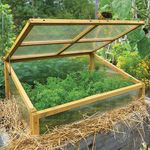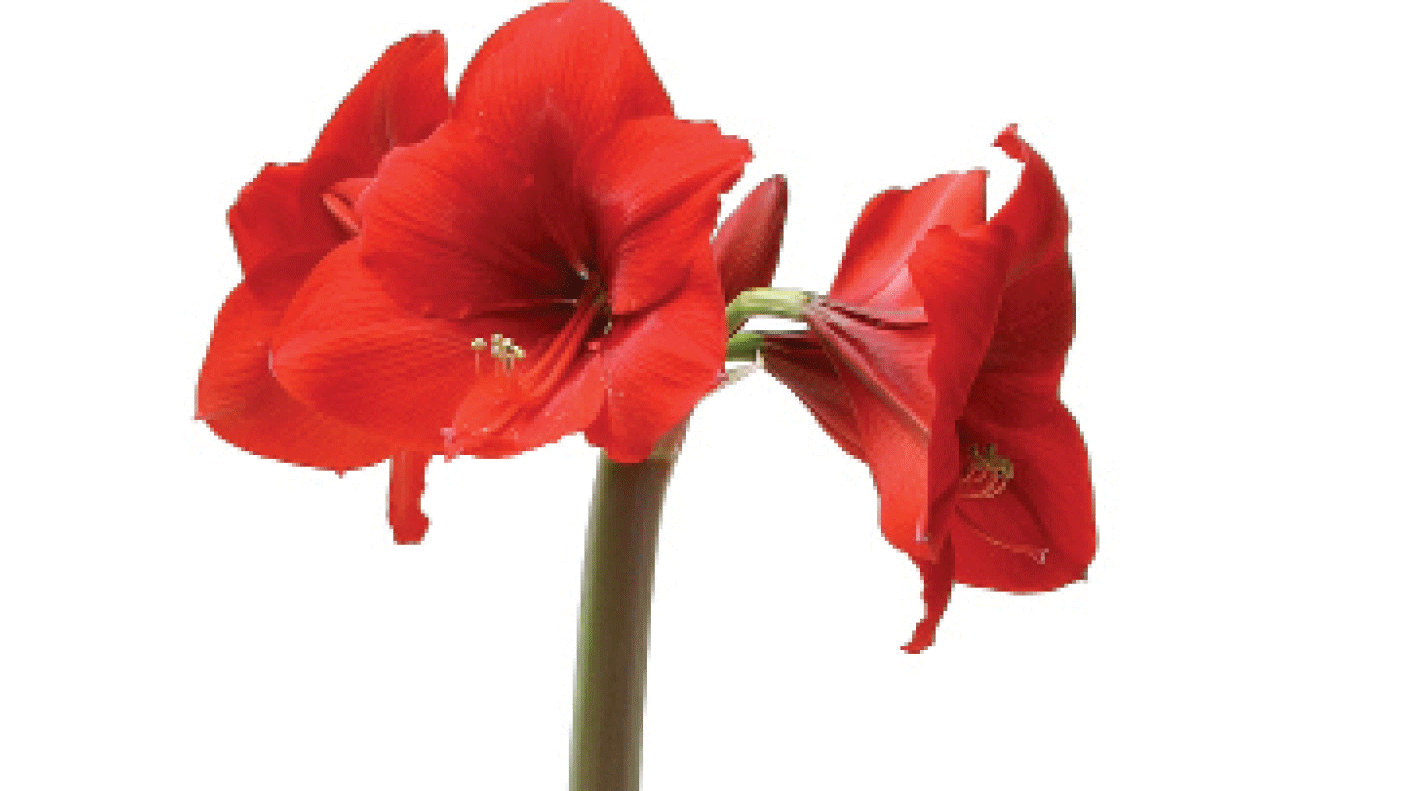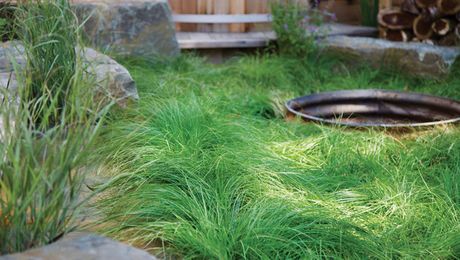
Here’s the lowdown for keeping your winter bulbs thriving and pumping out the perks in midwinter.
Light
As much sun as you can muster is optimal. An unobstructed southfacing window is ideal, but a bright east- or west-facing window will do the trick.
Soil
A well-drained fertile soil is imperative. A cactus-and-succulent soil is ideal. Select a soil with perlite rather than vermiculite to increase drainage.
Containers
In general, most bulbs prefer a shallow container that is not too generous. Clay containers are preferred over plastic or metal.
Water
Serve drinks when the soil is slightly dry to the touch. This will vary according to the weather even when you’re growing indoors. Bulbs do not like to be very dry.
Feeding
If your soil is sufficiently rich, no fertilizer is needed.
Grooming
Remove yellowing and dead leaves. Deadhead spent flowers.
Dormancy
With the exceptions of purple shamrock and dappled snowbrush, which are evergreen, most winter bulbs go dormant—usually in April or May. Stop watering, and store the bulbs in a location where they will remain dry throughout summer. The exception is amaryllis, which usually grows and requires watering until mid-to-late summer.
Annual Reboot
Divide and repot winter bulbs into fresh soil in August before active growth begins.
—Tovah Martin is the author of several books on houseplants, including The Unexpected Houseplant: 220 Choices for Every Spot in Your Home.
To learn more about winter bulbs, check out Winter Bulbs Will Get You Through
Fine Gardening Recommended Products

Sun Joe Cordless Telescoping Pole Chain Saw
Fine Gardening receives a commission for items purchased through links on this site, including Amazon Associates and other affiliate advertising programs.

Gardener's Supply Company Summerweight Fabric Plant Cover
Fine Gardening receives a commission for items purchased through links on this site, including Amazon Associates and other affiliate advertising programs.

VegTrug Classic Cold Frame
Fine Gardening receives a commission for items purchased through links on this site, including Amazon Associates and other affiliate advertising programs.


















Comments
thanks for the tips. I got this flower for my b-day a few days ago so your article is really useful for me
Log in or create an account to post a comment.
Sign up Log in